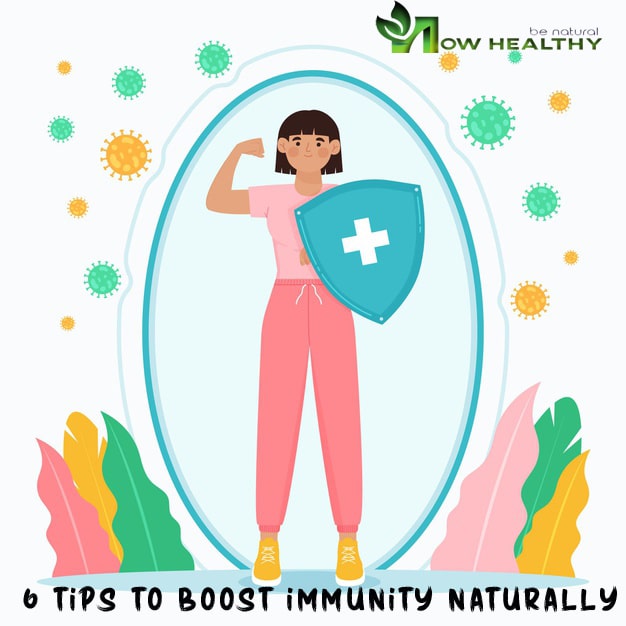Why Sesame Oil is Good for Your Hair
Ayurveda is a 5000 old traditional system of medicine & it’s concepts are unique in it’s own way. Today Ayurveda is considered just a herbal remedial solution to some basic problems but who really studied Ayurveda they know how essential sootras (concepts) are mentioned in Samhitas for simple common cold to complications of Diabetes. The era when modern instruments & facilities were not available, Acharyas used to perform various complex surgeries and even methods of preservation of cadavers are mentioned.
It’s very saddening that the Ayurveda is not considered to that mark which it deserves to be, Still we go for modern medicines to cure a simple high temperature rather using the natural herbs for it. We all are aware of the side effects of many medicines still we’ll approach Ayurveda when disease becomes Chronic.
Hair fall, Dandruff, Premature greying of hair, Split ends, Alopecia, Dry-frizzy hair & many more problems are associated with hair & we all have suffered to some of these problems at some point of our life. But these diseases were not common before 2000-3000 years back, you know why? Because chemicals were not used at that time, everything were available in pure forms, may it be food items, or any hair care, body ingredients used.
Natural Herbs either in Powder form, Decoction form, Extracts, etc were used. Oils were extracted in pure form and these oils were used for head massage that’s why we could see some long-strong-lustrous hair of our grandmothers or mothers in old albums.
We all have heard of Sesame oil, it’s considered the best oil according to Ayurveda. But now we barely use this oil for massage or cooking purpose. Today we are going to tell some benefits of Sesame oil for your hair & how you can use this oil for nourishing your scalp.
How is Sesame Oil extracted?
Sesame oil is derived from sesame seeds. There are basically 3 types of Sesame seeds-
- Brown seeds
- White seeds
- Black seeds
This oil is used as a hair oil, as a face oil, medicinal purposes, or for therapies (in Panchkarma procedures)
Nutritional value of Sesame oil
Sesame oil contains Calories, saturated fat, Linoleic acid, Oleic acid, Vitamin E, Vitamin K, Gamma Tocopherol, Protein, choline, Omega 3, 6 fatty acids.
Sesame oil for Hair
- We try 100 of hair care products that contain sulphates & parabenes to some extent, whether it’s mentioned this product is 100% pure. Natural or herbal but how you are going to check the purity level of these products. You just trust & rely on what you see rather testing the purity
- It’s not only about hair products or cosmetics but it’s about everything we eat or drink in our day to day life
- Pure Sesame oil is highly beneficial for hair as it contain many essential nutrients which nourishes our scalp & promotes not only the quantity but also the quality of hair
- Applying this oil at night makes your hair super soft without any greasiness
- It possess Antibacterial & Antifungal properties hence it is used to treat dandruff & other scalp conditions
- Many people suffer from Alopecia (Baldness), regular application of Sesame oil prevents baldness & helps in new hair growth
- It strengthens the hair roots & deeply nourishes the scalp
- It also prevents hair breakage & split ends
- Sesame is hot in potency so it increases blood circulation in scalp
Read Also: Sea Buckthorn Juice and Oil Benefits
When & how to apply Sesame oil?
- Oiling should be done 1 hour before head wash as it nourishes the scalp
- Some people prefer to apply oil one day before head wash & there’s nothing wrong in this
- Before applying oil just preheat it in a bowl , but remember oil should not be directly heated instead a hot water can be used to heat the oil
- Boil a large bowl of water then pour Sesame oil in a small bowl according to the length of your hair. Then keep that small bowl of oil in hot water bowl & let it heat it for some time
- Now you can apply this heated oil in your scalp with the help of your fingertips & don’t forget to massage for atleast 5 minutes
- Then wash your hair with mild shampoo & don’t use hot water for head wash as it promotes breakage of hair follicles
Conclusion
It’s high time when we need to connect to our roots & bring back our old age science concepts into our daily life. From wakening up in the morning to sleeping at night everything is mentioned in our Samhitas, seasonal dietary & lifestyle habits, What to consume what to not, and how to consume everything is mentioned we just need to focus on that part & live a healthy disease-free life.
Sesame is one such miraculous herb which is not only beneficial for hair but possess many health benefits also. And nothing changes in one day, everything needs time you just can’t judge this oil in a day. Apply and see the results in few weeks.










